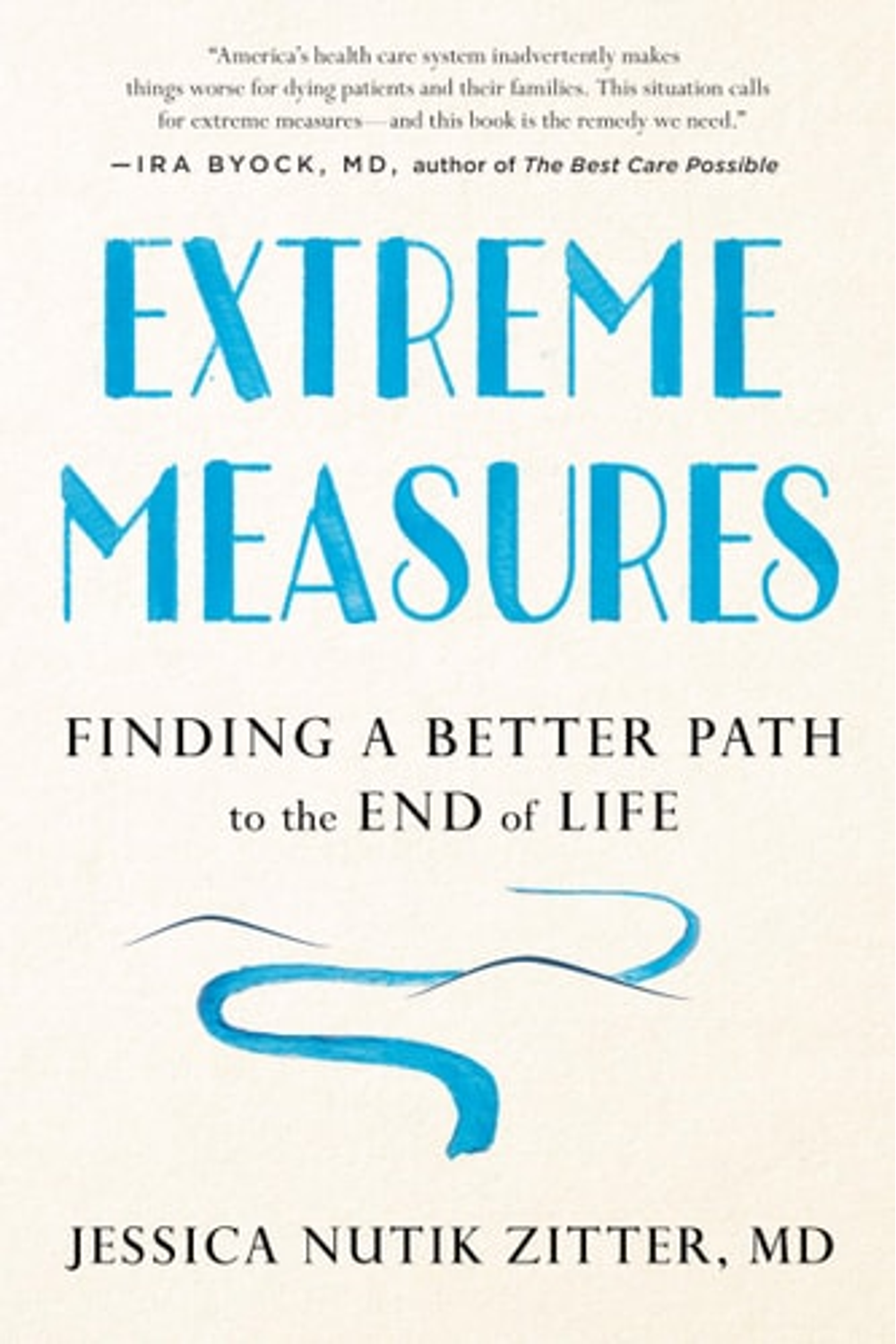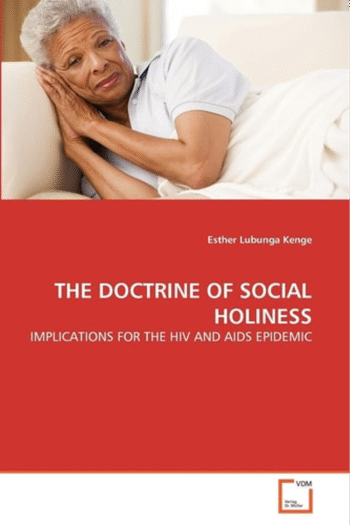**Extreme Measures: Reclaiming Dignity at the End of Life by Dr. Jessica Nutik Zitter** Navigate the complex landscape of end-of-life care with Dr. Jessica Nutik Zitter’s *Extreme Measures*. A critical care and palliative care physician, Dr. Zitter challenges the over-reliance on aggressive medical interventions in the face of terminal illness. This isn’t just a medical memoir; it’s a powerful argument for patient-centered care, informed consent, and reclaiming dignity in our final moments. Drawing from poignant patient stories and her own transformative experiences, Zitter exposes the shortcomings of the “End-of-Life Conveyor Belt,” where technology often trumps compassion. She explores the importance of advance care planning, honest communication with loved ones, and the crucial role of palliative care in alleviating suffering. *Extreme Measures* encourages readers to confront their own mortality, consider their values, and actively shape their end-of-life experience. Discover practical steps to ensure a more peaceful, personalized, and meaningful farewell, emphasizing quality of life over mere survival. A must-read for anyone seeking a more humane and empowering approach to death and dying, this book advocates for a system where individual wishes are honored and the patient’s well-being remains the central focus. It is relevant for healthcare professionals, patients, and families seeking to navigate these difficult conversations, and is perfect for fans of Atul Gawande’s *Being Mortal.*
Extreme Measures: Finding a Better Path to the End of Life
22,62 $
In stock
For readers of Being Mortal and Modern Death, an ICU and Palliative Care specialist offers a framework for a better way to exit life that will change our medical culture at the deepest level
In medical school, no one teaches you how to let a patient die.
Jessica Zitter became a doctor because she wanted to be a hero. She elected to specialize in critical careto become an ICU physicianand imagined herself swooping in to rescue patients from the brink of death. But then during her first code she found herself cracking the ribs of a patient so old and frail it was unimaginable he would ever come back to life. She began to question her choice.
Extreme Measures charts Zitters journey from wanting to be one kind of hero to becoming anothera doctor who prioritizes the patients values and preferences in an environment where the default choice is the extreme use of technology. In our current medical culture, the old and the ill are put on what she terms the End-of-Life Conveyor belt. They are intubated, catheterized, and even shelved away in care facilities to suffer their final days alone, confused, and often in pain. In her work Zitter has learned what patients fear more than death itself: the prospect of dying badly. She builds bridges between patients and caregivers, formulates plans to allay patients pain and anxiety, and enlists the support of loved ones so that life can end well, even beautifully.
Filled with rich patient stories that make a compelling medical narrative, Extreme Measures enlarges the national conversation as it thoughtfully and compassionately examines an experience that defines being human.
- Additional information
- Currencies
- USD – United States dollar
- EUR – Euro
- GBP – Pound sterling
- CNY – Chinese yuan
- BRL – Brazilian real
- MXN – Mexican peso
- JPY – Japanese yen
- PHP – Philippine peso
- THB – Thai baht
- PLN – Polish złoty
- CAD – Canadian dollar
- MYR – Malaysian ringgit
- AUD – Australian dollar
- TWD – New Taiwan dollar
- CZK – Czech koruna
- SEK – Swedish krona
- HUF – Hungarian forint
- ILS – Israeli new shekel
- CHF – Swiss franc
- HKD – Hong Kong dollar
- DKK – Danish krone
- SGD – Singapore dollar
- NOK – Norwegian krone
- NZD – New Zealand dollar





